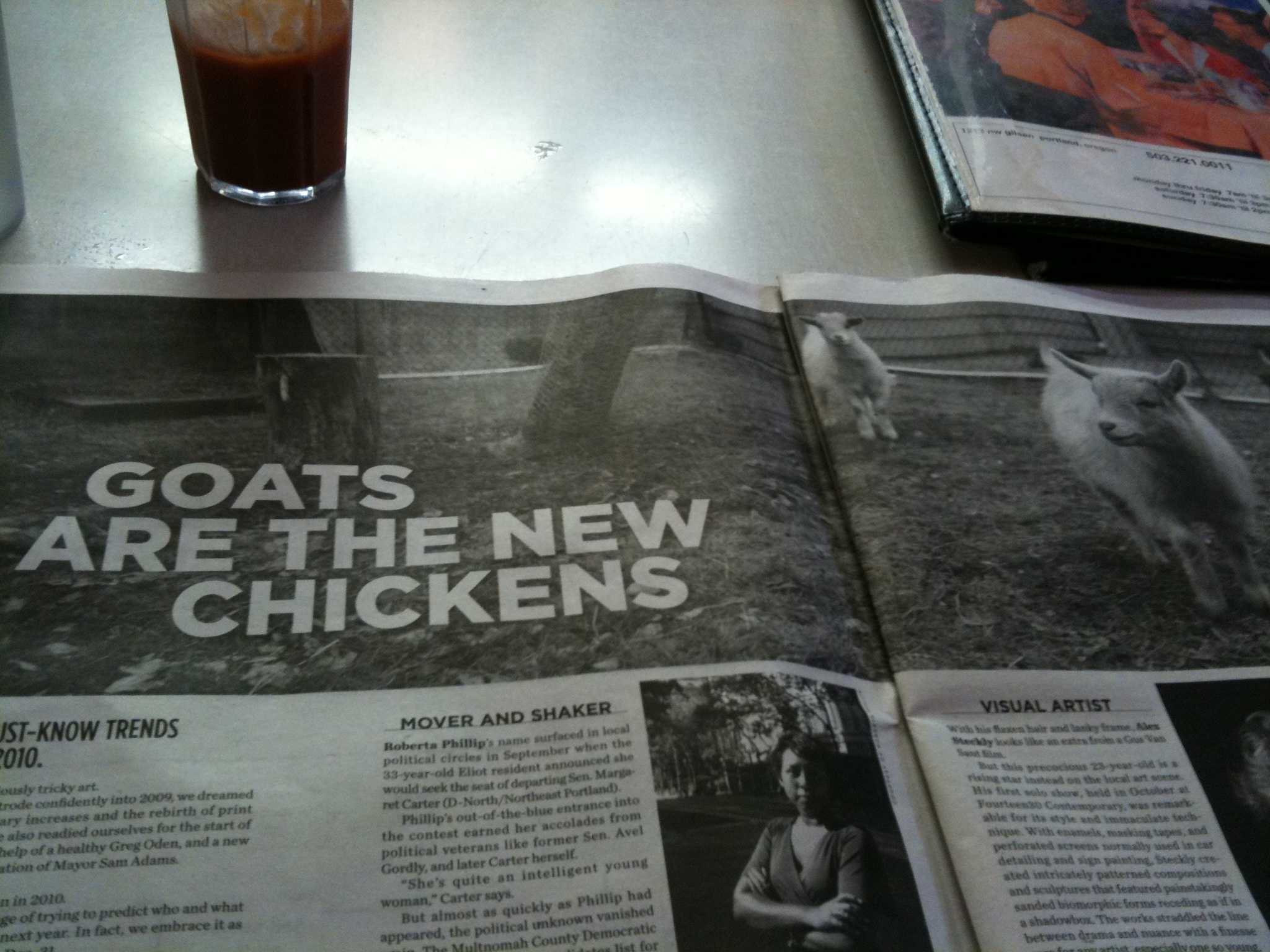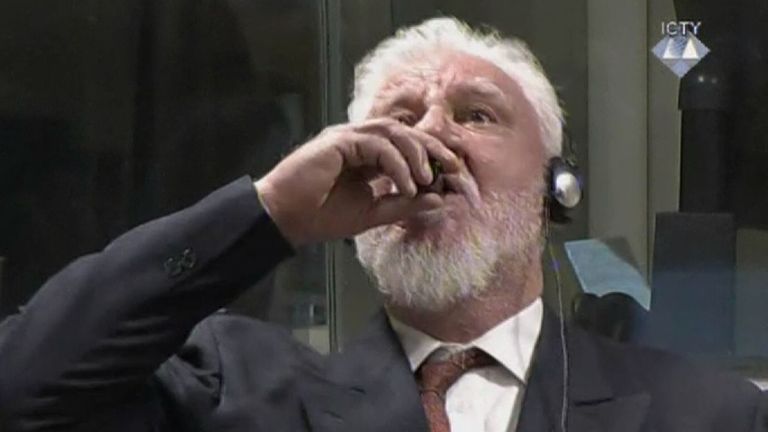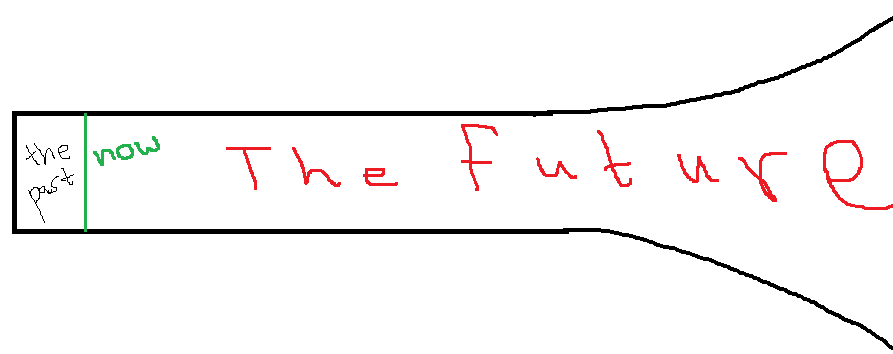The Twenty-Tens, a decade in review
I think New Year is the best holiday, for two reasons. First, everyone celebrates it, and second, I love clocks rolling over. Something about numbers going up is really satisfying too (2020, it’s the highest year ever!). This New Year is also the start of a new decade, so I’m feeling more like reminiscing and want to wrap up the last decade into something like a sensible story I can file away in my memory. Closure is good because it lets us focus on the future.
As a bit of background, I really lucked out by entering college in late 2007, since I was completely sheltered from the financial crisis, I took 2006 to work for a year after high school, and learned how to write code while working for a small company in Oregon that sold leads to insurance agents. Working before going to college was a great choice for me, because it made me appreciate the protective bubble of academia much more than someone who jumped straight from high school to college. After freshman year I switched from computer science to mathematics, and spent a bunch of time blissfully thinking about math instead of doing something useful.
My first post of the year 2010 was about energy conservation, I was struggling with a question about whether it was fundamental or whether it was just an observational fact: Conservation Confusion Clarified.
The one image I remember from New Year 2010 was this:

I was at a diner in Northwest Portland, and this article in a local paper was about the trendy new pet. It stood out to me because I love goats, and while in high school, my brother and I got some pygmy goats as pets. We were ahead of our time.
In 2010, I met my future wife, and by 2011 we were dating and living together. Fast forward to 2019, we have two boys and a nice house in North Portland.
In 2012 I graduated with a Bachelor of Science in Mathematics, I missed being able to work on math problems all day, and started writing code again because it paid well. One thing that I really valued about college is meeting a bunch of people with similar interests. Most of my close friends I made after high school come from my math classes. Graduation didn’t feel very significant, it felt like a play-ceremony where we dressed up in gowns and hats and pretended to have accomplished something. It did give closure though, that was worth something.
The big significant change for me was becoming a parent, in 2014, our first son was born. For me it was a discontinuous transition into adulthood. Before being a parent, I never cared much about scheduling my time, I would work late and stay up late, and wake up when I felt like it. When I wasn’t at work, there was no other subdivision of my time that made sense, it was all unallocated.
The biggest difference I noticed was how much more I appreciated an hour. Just an hour, between nap time and wake-up time. You’d be suprised how much you can get done in an hour. If I wasn’t intentional about how I used that time, it would be gone with nothing to show for it. It made me painfully aware of how much time I had been wasting.
In 2013 I audited an online class on history, it covered a broad overview of 1300-1945, that’s when I started getting interested in economic history, and thinking about technology and politics in that context. Previously I thought of politics in terms of simple ideals like universal human rights. I didn’t really try to understand why countries were the way the were, but studying how they evolved and interacted really helped me break out of that bubble and be more realistic.
Mid-decade, 2015: I was working as a programmer and saw Interstellar in IMAX, that’s all I remember.
In 2016 I gave a conference talk on a physics simulator I made, only to have the program break while giving a live demo. That year, the best human Go player was beaten by DeepMind’s AlphaGo AI, the Brits did Brexit, the Turks failed to oust Erdoğan, and we Americans elected a shitty reality TV star to the highest office because (a lot of bad reasons). It could have been better.
In 2017 it seemed like history was alive, which is never a good thing. Trump’s inaugeration, the firing of the FBI directory Jim Comey, riots in here in Portland, and that Bosnian war criminal that drank poison on live TV while at the Hague awaiting trial:

Also in Portland around my birthday in 2017, some white supremacist asshole stabbed three guys on the MAX when they stood up to him harassing two black girls. It was hard not to think there is a connection between a racist asshole getting elected president and some emboldened racist assholes feeling like they could treat people this way and get away with it. I resolved to become more vigilant about the world around me, since I can’t take peace and safety for granted.
Also in 2017, I left a job at Goldstar after 5 years, and went to FlightStats, Bitcoin blew up to $20,000 and I stared at my old transactions from 2013 wishing I had held onto them. The ongoing drama of the UK leaving the EU became personal because FlightStats was owned by a company that was joint-owned by British and Dutch shareholders. I only stayed there about a year before coming to Amazon, but what I learned was that management really matters, if management doesn’t impose a clear sense of priority, work will be wasted.
In 2018 I built an awning on my house with my dad, I joined Amazon as a software development engineer, and planned out the next 5 years in an effort to really try and take control of the time I have left. I’m only in my early 30s, but it feels like time is speeding up as I am ageing.
2019 was when our second son was born, and it’s been wonderful, this whole year has been one of joy, meditation on how lucky I’ve been, and learning about how little sleep humans actually need. One mental shift I have been intentionally working on is thinking about the present as the beginning of human civilization, not the middle, or the end. At Amazon, we practice Day 1 thinking, which is why we can ship new products like a startup even though the company is a quarter-century old and has over 650,000 employees.
The way I used to think about history was like this, the past was big, the future is short, implicitly I had an “end is near” bias, which I have absorbed from the culture I grew up in. Puritans thought the rapture was coming, Cold War Americans constantly worried that nuclear war was near, and today us left-leaning people are worried about a climate doomsday.

My new way of thinking about the future is like this:

I am of course worried about global warming, but I don’t think it will be a doomsday, I think it will be a multi-generational project of adaptation and invention of clean energy and negative emissions technologies. Carbon is valuable if it’s arranged a certain way. Right now there is a gold-mine in the atmosphere, we just don’t know how to mine it yet.
The way I think about the future now is to look at the last 10,000 years. Humans have been doing agriculture for about 10,000 years, writing for 5000, and only really got started with science in the last 500 years, and finally figured out how to improve human lives in the last 200 years. I am using GDP per capita as a proxy for the quality of human life because it is one of the best and most widely recorded measures we have.
The effects of the industrial revolutions of the last 200 years are underappreciated by my fellow humans living in the present. There is absolutely nothing normal about this level of wealth and technological sophistication, and if we don’t screw it up, our descendents will be so wealthy, healthy, long lived, and different from us that we will have no other word to describe them but as gods. The three things we need are: a stable climate, sustained economic growth, and stable institutions protecting people’s safety and freedom. If we can achieve those three things, in a few centuries everyone on Earth will be better off than the richest people alive today.
That was a bit of a tangent, but I felt that in my review of the last decade, it was important to document the mental shifts I have underwent. The summary is this:
- the past does matter, use it wisely
- be intentional about your time and your surroundings
- now is only the beginning, the future matters more
With that I wish you a Happy New Year, Happy New Decade and Happy New Score Years (1 Score = 20), the future is bright, if we keep doing the right things!